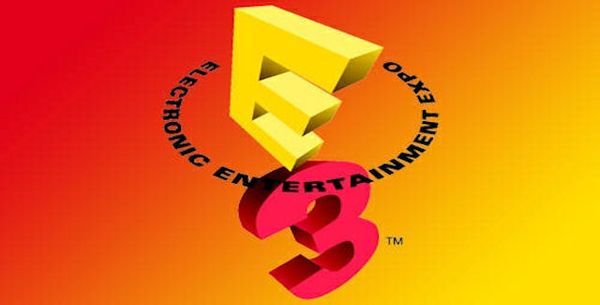In the beginning of March, the 2019-20 NHL season was paused because of COVID-19. Everything was stopped and nobody knew when things would return to normal or if they ever would return to normal.
Fast forward to June when the NHL was making plans to return and resume the season, with a few minor changes.
One of the biggest changes was that the season was going to head straight to qualifying for the playoffs or waiting to play in the playoffs, the four leaders of each conference for the normal season played in a round robin and the other sixteen teams played to get a playoffs spot.
The leader of the whole league at the pause, the Boston Bruins who had just hit 100 points, were awarded the President's trophy.
This trophy, however, has what is called the President's trophy curse. This means that whichever team is awarded the trophy typically doesn't have very much success in the playoffs or even makes it to the finals to win the Stanley Cup. This curse stayed during this season of change and had the Bruins eliminated during the second round of the playoffs by the Tampa Bay Lightning in six games. The President's Trophy is something that is still very much real and will continue to stick around.
Bubble hockey was another big change.
The conferences were broken up into playing and staying in two separate hub cities until the Eastern and Western Conference Finals, then they played and stayed in one hub city. These hubs had no fans and limited press and staff allowed inside of them. Players and staff were tested for Covid-19 almost everyday, and the locker rooms and benches had preventative measures to make sure everything was sanitized and safe for each team. The hubs for bubble life also meant no team truly had home ice advantage, except for the Oilers and Maple Leafs who played on their own ice during the qualifying round but then lost, making it what I called the hub city curse. The bubble life also meant that players lived in hotels for almost three months at most, away from their families and home ice, but also little to no travel between back-to-back games or games in general. This idea of bubble hockey and hub cities may continue in future seasons for player safety.
Superstitions were broken this season, as well, - man, this is going to be one of the biggest changes in the league.
While each player has their own personal superstition, such as being the last player on the ice during warmups or throwing a puck over the glass, there are also league-wide and well-known superstitions. The biggest one of them all is not touching the conference championship trophy - the Prince of Wales trophy for the East and the Campbell Bowl for the West. The Dallas Stars, who won the Campbell Bowl for the Western Conference, refused to touch the trophy in fear that it would jinx them from winning the Stanley Cup in the end. The Tampa Bay Lightning, however, had zero care and grabbed the Prince of Wales trophy when they won it, with no fear of jinxing themselves from winning the cup. Six games later, Tampa won the Stanley Cup against Dallas, breaking the superstition of touching the conference championship trophies and still being able to win the cup. With this now being something that other teams have seen happen, they are now going to continue touching the conference trophy in hopes of winning the cup. Older teams or teams with older captains may not completely follow in suit, but younger teams with younger captains might have hopes of this curse being broken in the coming seasons.
One of the last things, which may change in the future, is the celebration parades.
Due to COVID-19, Tampa couldn't have a traditional parade, so they did the only thing they could - they had a boat parade. The parade, as well as a celebration at Raymond James Stadium, was a success, despite the lack of masks that were worn by the fans who lined the streets and bay for the parade. With the celebration being a success like it was, there will most likely be changes to the parades of all teams in the future seasons.
The biggest thing that is going to change for the next season is the start, duration of the season, and time off between games. The season won't start until December, prolonging it farther into the summer and causing the players to get less rest between games and becoming more prone to injury.
With everything that has changed in this past season, some things will definitely be sticking around, it will just be interesting to see what stays and what goes.



















